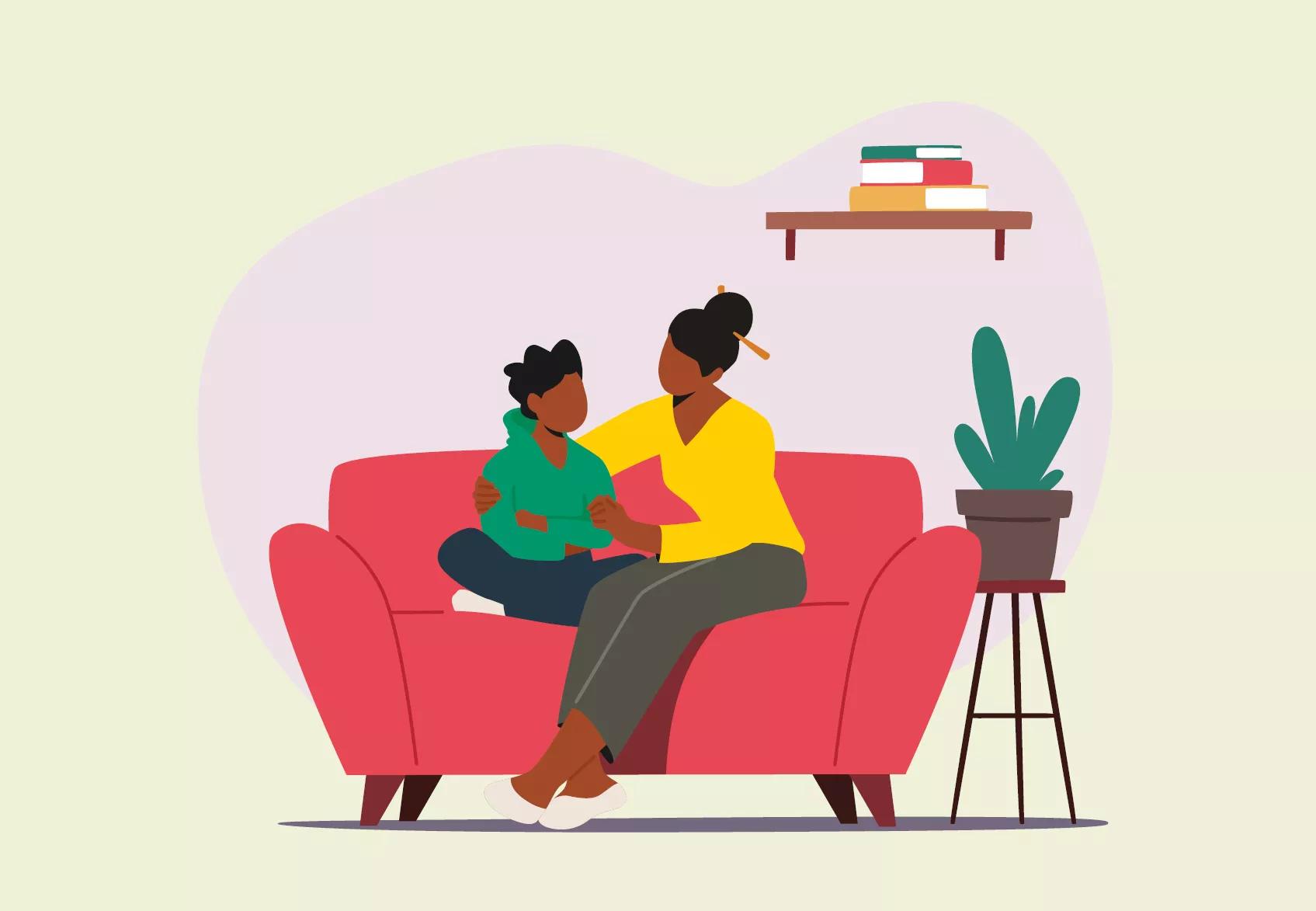What Is Early Childhood Education?
Defining Early Childhood Education
Early childhood education refers to the educational programs and services designed for children from birth to eight years old. This period, often called the “early years,” is a critical stage in a child’s development, where the foundations for lifelong learning are established. ECE encompasses a variety of learning environments and activities, such as daycare, preschool, and pre-kindergarten programs, that aim to support a child’s cognitive, social, emotional, and physical development.
The Importance of Early Childhood Education
The early years are crucial because a child’s brain is growing rapidly during this time, and the experiences they have shape their future. High-quality early childhood education helps children develop essential skills that will benefit them throughout their lives, from academic success to social interactions. ECE programs provide structured learning environments where children can explore, learn new concepts, and develop essential skills in a supportive and nurturing setting.
The Benefits of Early Childhood Education
Cognitive and Academic Development
One of the primary benefits of blah bethany.com is its impact on cognitive and academic development. Children who attend quality ECE programs tend to have higher IQs, better language skills, and stronger problem-solving abilities. Exposure to a structured learning environment promotes the development of critical thinking skills, which lay the groundwork for future academic success. Early exposure to literacy, numeracy, and other basic concepts helps children perform better when they enter elementary school.
Social and Emotional Growth
ECE programs also foster social and emotional development. Children who attend preschool learn how to interact with their peers, share, take turns, and solve conflicts. They also gain emotional intelligence, understanding their own feelings and learning to navigate the emotions of others. These social skills are crucial for building positive relationships with family, friends, and classmates throughout life.
Building Independence and Confidence
Through early education experiences, children build a sense of independence and self-confidence. In preschool or daycare settings, children are encouraged to complete tasks on their own, from picking up toys to managing their personal belongings. These small acts of independence create a sense of accomplishment, boosting their confidence and preparing them for school and beyond.
Types of Early Childhood Education Programs
Preschool and Pre-K Programs
Preschool and pre-kindergarten (Pre-K) programs are one of the most common forms of early childhood education. These programs typically serve children ages 3 to 5 and focus on preparing them for kindergarten. Preschool programs usually combine play with structured learning experiences, introducing children to basic academic concepts while encouraging creativity and social development. Pre-K programs tend to focus more on preparing children for the demands of formal schooling, with a heavier emphasis on literacy, math, and problem-solving skills.
Montessori and Reggio Emilia Approaches
Montessori and Reggio Emilia are two well-known approaches to early childhood education that emphasize child-led learning. The Montessori method encourages children to learn at their own pace using hands-on activities and materials that promote exploration and self-discovery. The Reggio Emilia approach, on the other hand, places a strong emphasis on collaboration, creativity, and the role of the environment in a child’s learning. Both approaches prioritize the development of critical thinking and problem-solving skills, fostering a love of learning in young children.
Head Start Programs
Head Start is a federally funded program in the United States that provides early childhood education to low-income children and families. These programs offer comprehensive services, including education, nutrition, health screenings, and social services. The goal of Head Start is to give children from disadvantaged backgrounds the opportunity to enter school on an equal footing with their peers, providing them with the necessary tools for success in later years.
The Role of Parents in Early Childhood Education
Partnering with Teachers
Parents play an essential role in the early childhood education process. Collaboration between parents and teachers helps ensure that children’s needs are being met both at home and in the classroom. By staying involved and maintaining open communication, parents can help reinforce the skills children are learning at school and address any concerns early on. Parents can also participate in parent-teacher conferences, school events, or volunteering, which further supports their child’s educational experience.
Supporting Learning at Home
Parents can support early childhood education by creating a learning-friendly environment at home. Reading to your child, engaging in educational games, and providing opportunities for creative play all promote cognitive and social development. Encouraging curiosity and exploration helps children develop a love of learning that can last a lifetime.
Overcoming Challenges in Early Childhood Education
Access to Quality Programs
One of the biggest challenges in early childhood education is ensuring that all children have access to quality programs. In many areas, especially underserved communities, families may have limited options when it comes to selecting early childhood education programs. Addressing issues of accessibility and affordability is critical in ensuring that all children, regardless of their background, can benefit from early education opportunities.
Overcoming Socioeconomic Barriers
Children from low-income families often face additional challenges in early childhood education. They may not have access to the same resources, support systems, or learning opportunities as their peers. Programs like Head Start aim to address these disparities by providing comprehensive services to ensure that all children, regardless of their socioeconomic status, receive the support they need to succeed. However, there is still a long way to go to ensure equitable access to early childhood education for all families.
Preparing for the Transition to School
Helping Children Adjust to Kindergarten
Transitioning from early childhood education programs to kindergarten can be an emotional and challenging time for children. Parents can help by talking to their child about what to expect, visiting the school before the first day, and establishing routines that prepare the child for the school day. Ensuring that children feel comfortable and confident in their new environment can make the transition smoother.
Setting Up for Success in School
Parents can set their child up for success by reinforcing the skills they’ve learned in early childhood education and encouraging a positive attitude toward learning. By maintaining open communication with teachers and continuing to support learning at home, parents can ensure that their child continues to thrive as they enter formal schooling.
Conclusion
Early childhood education is more than just preparation for kindergarten—it’s a crucial stage in a child’s development that lays the foundation for lifelong learning. The benefits of high-quality ECE are clear: children who participate in these programs tend to perform better academically, develop stronger social and emotional skills, and gain confidence in their abilities. By supporting children’s learning and working together with teachers, parents can help ensure that their children are ready for the challenges and opportunities that lie ahead.





